In the club’s 25-year history, a total of 34 Indigenous AFL players and 10 Indigenous AFLW players have played a combined 2314 games for Fremantle, the most of any AFL club.
The fact that one of the league’s youngest clubs can hold the record for Indigenous participation says a lot about Fremantle, and a lot about how Indigenous recognition and participation has grown in the past three decades.
Fremantle’s inaugural squad featured four Indigenous players who remain fan-favourites to this day, in Winston Abraham, Scott Chisholm, Dale Kickett and Gary Dhurrkay.
To a young Michael Johnson, this cohort of players helped inspire him on the way to becoming one of Fremantle’s greatest players.
“As a Freo supporter growing up and watching on in 1995, I loved going along and watching the other Indigenous boys play well for the club,” Johnson said.
“I really looked up to those players and they’ve been very important for us over the Freo history.
“And if you look at the history around Fremantle, at South and East Fremantle, there was also a large number of Indigenous players who paved the way for those who signed up for Fremantle in 1995.”
Following Johnson’s retirement at the end of the 2018 season, the 244-game player returned to Fremantle in February as the club’s inaugural Indigenous and multicultural liaison officer.
The role sees Johnson support and mentor Fremantle’s male and female Indigenous players and work closely with the club’s Next Generation Academy. He also assists the club with its cultural awareness programs and celebration of Indigenous culture.
“The 25 years have gone quickly but we have come a long way, especially when it comes to the Indigenous space,” Johnson said.
“It’s something that’s going to get stronger and stronger and I know the current Indigenous players are leading the way for the next crop.”
Johnson said he was lucky to have similar support from a strong Indigenous cohort at Fremantle when he arrived in 2005.
“I was able to play with boys that I looked up to, the likes of Troy Cook, Des Headland, Roger Hayden, Antonio Grover, Dion Woods, Jeff Farmer,” Johnson said.
“When these young Indigenous boys come to the club, we welcome them in with open arms. It’s like having a little brotherhood within the brotherhood at the club.
“Over the years, we’ve seen the Indigenous boys come together and joke around, laugh and when it comes to working hard, they work hard together.”
According to Johnson, even one of Fremantle’s newest players in Jason Carter is playing an important role in bringing through the next crop of Indigenous players.
Carter arrived at Fremantle as a Category B rookie at the end of the 2018 season as a part of the club’s Next Generation Academy. If he makes his debut, he will become the first person from Wyndham to play AFL.
“It’s a great initiative by the AFL to allow clubs to have these Next Generation Academy programs running up in the remote communities,” Johnson said.
“We were lucky enough to get a player like Jason, who we hope can lead the way for a lot of people and a lot of kids from remote communities.
“He’s already shown young Indigenous players from all over WA what can be done.”
Johnson also works with Fremantle’s female Indigenous players to help build on the increasing participation in women’s football.
“All of these AFLW players, not just the Indigenous girls, are paving the way for young female footballers,” Johnson said.
“At Fremantle, we have players like Gemma Houghton as well as Kirby Bentley from the first two seasons, who have been leading the way when it comes to the Indigenous space.
“Young Indigenous girls all over Australia and especially in our NGA zones, around the Metro Area and up in the Kimberley, they’ll look up to these girls as role models.”
Johnson said he hopes to only see Fremantle’s Indigenous culture get stronger in the future.
“I’ve been speaking to staff members about getting a bit of artwork around the clubrooms and around the building. It just shows a bit of history of this area, we’re on the Noongar land, we’re on the Wadjuk land. There are a lot of stories that can be told by the local people, especially our elders,” Johnson said.
“Anything can happen with this role and I think having a past-player helps as I can relate to the current players and help with any Indigenous issues.
“We also have our past players that we want to celebrate, I think the current Indigenous boys would love to see these guys come down and continue to represent the club.”
Round 10 in the AFL is the first of two weeks that celebrate Sir Doug Nicholls Round. Freo will wear their purple ‘home’ Indigenous jumper designed by Troy Cook for their clash against Brisbane at Optus Stadium, which is proudly presented by Woodside.
Fremantle will also wear their ‘away’ Indigenous jumper, also designed by Troy Cook, in round 11 against Collingwood at the MCG.



